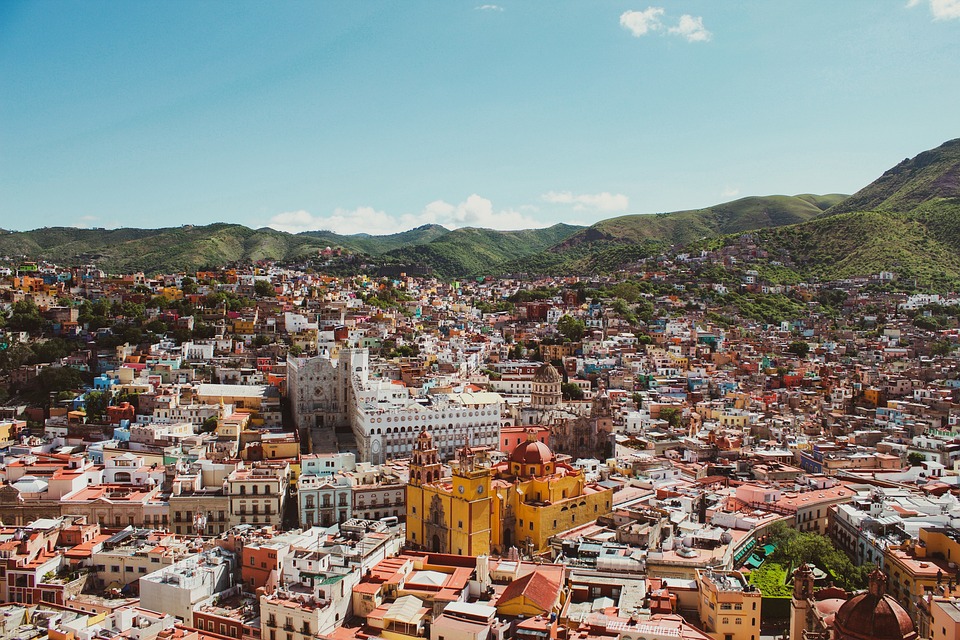The Legacy of Colonialism and Historical Integrity in Indigenous Communities
Introduction
The legacy of colonialism has had a profound impact on indigenous communities around the world, including the loss of cultural heritage, identity, and historical integrity. This article will explore the effects of colonialism on indigenous communities and the struggle to preserve their history and heritage in the face of ongoing challenges.
Impact of Colonialism on Indigenous Communities
Colonialism has left a lasting impact on indigenous communities, with devastating consequences for their culture, land, and way of life. When European colonizers arrived in the Americas, Africa, Australia, and other regions, they imposed their own systems of governance, religion, and economic exploitation on indigenous peoples. This led to the loss of traditional knowledge, practices, and languages, as well as the forced displacement and marginalization of indigenous communities.
The colonization of indigenous lands also resulted in the destruction of sacred sites, cultural artifacts, and historical records that were essential to preserving the identity and heritage of indigenous peoples. This erasure of history has had long-lasting effects on indigenous communities, as they struggle to reclaim and maintain their cultural identity in the face of ongoing challenges.
Struggle for Historical Integrity
Despite the challenges faced by indigenous communities, there has been a growing movement to reclaim and preserve their history and heritage. Indigenous activists, scholars, and community members have worked tirelessly to document and protect their cultural traditions, stories, and artifacts, often in the face of opposition from governments, corporations, and institutions.
One of the key issues facing indigenous communities in their struggle for historical integrity is the repatriation of cultural artifacts and human remains that were taken without consent during the colonial era. Many museums, universities, and private collectors around the world hold artifacts and remains that rightfully belong to indigenous peoples, and the repatriation process can be complex and contentious.
In recent years, there have been significant efforts to repatriate these items to their rightful owners, with some success stories of artifacts being returned to indigenous communities. This process is essential for restoring historical integrity and ensuring that indigenous peoples have control over their own cultural heritage.
Challenges and Opportunities
While there has been progress in the struggle for historical integrity in indigenous communities, there are still many challenges that need to be addressed. The impacts of colonization continue to be felt by indigenous peoples in terms of land rights, environmental degradation, social inequality, and political marginalization. These issues make it difficult for indigenous communities to fully reclaim and protect their history and heritage.
However, there are also opportunities for positive change and collaboration in the preservation of indigenous cultural heritage. Governments, institutions, and individuals can support indigenous-led initiatives to document and protect their history, language, and traditions. By recognizing the rights of indigenous peoples to their cultural heritage and allowing them to tell their own stories, we can help to restore historical integrity and promote reconciliation and understanding.
Conclusion
The legacy of colonialism continues to have a profound impact on indigenous communities around the world, but there is hope for the preservation of historical integrity and cultural heritage. By supporting indigenous-led efforts to reclaim their history and traditions, we can help to address the injustices of the past and create a more equitable and inclusive society for all.
In conclusion, the struggle for historical integrity in indigenous communities is an ongoing process that requires commitment, collaboration, and respect for indigenous rights and sovereignty. By recognizing the importance of preserving indigenous cultural heritage and supporting indigenous-led initiatives, we can work towards a more just and inclusive future for all.
